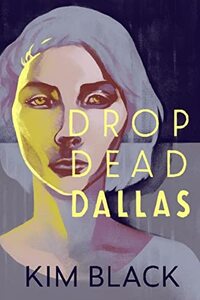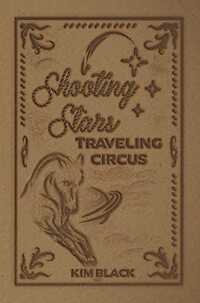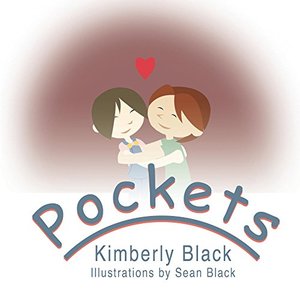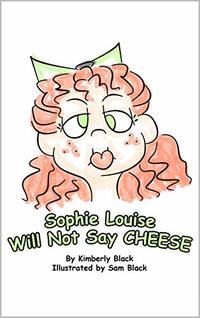Kim Black Interview Published on: 26, Feb 2020
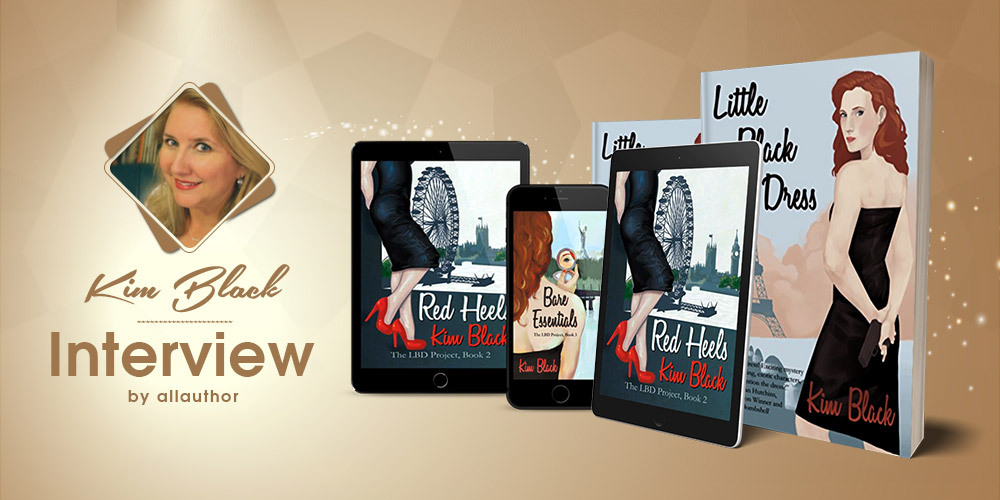 Where did you grow up, and what kind of child would you say you were?
Where did you grow up, and what kind of child would you say you were?
I grew up in the Texas Panhandle. (In the center of the square part at the top.)
What was your major in college? When did you first realize that you wanted to be a full-time author?I didn’t graduate from college. I apprenticed as a home designer in our family business. But I knew I wanted to be a writer after the first time I read “Little Women.”
When did you start pursuing a writing career full-time? Do you ever regret not starting sooner?I started working toward writing full-time about ten years ago. I still have a “day job,” but with every book I publish, I’m a little closer to my full-time goal. While I wish I were already there, I feel that I have entered writing and publishing at such a wonderful time, that I don’t regret any of the lessons I’ve learned along the way.
What do you love most about writing science fiction? What do you like least?Sci-fi is such a broad term; I love that it embodies every “leap” in technology. I adore how Ray Bradbury took a simple approach and how Gene Roddenberry got a bit more fantastic with his tech. I hope that my technology always remains secondary to the characters. I feel that’s most effective. What I like least is that lots of the fictional technology I imagine when I start the story is often reality by the time I’m finished.
What was your inspiration behind the story of "Shooting Stars Traveling Circus"? How long did it take you to write, and how long of that time was time taken for research?“Shooting Stars” was inspired by a mixture of influences. I’ve always loved Annie Oakley and considered her a real rebel in history. I used several of her quotes to drive aspects of the story. Other influences are classic westerns and classic sci-fi. More recently, I’ve loved the series “Firefly.” It took me about three years to outline, research, and write (on and off as I finished my LBD series) and I did a ton of research on training horses, trick shooting, and Buffalo Bill’s Wild West Show. I also wrote a few songs for the book.
Where did you find the inspiration for your character Evan Tyler in "Bare Essentials"?Evan is really a mix of Audrey Hepburn, James Bond, and Texas Beauty Queen. Her journey from “Little Black Dress” to “Bare Essentials” has her soul-searching and learning about her inner strength.
How did you begin writing The LBD Project? Which was the most challenging book to write in the series?I began “Little Black Dress” after a flash-fiction exercise at a local library writing series. My characters developed quickly, and the story unfolded into a whole series. I have formed “relationships” with all those characters. The most difficult book in the series was “Red Heels,” not only because it is the middle chapter—which always takes more effort, but also because one of my favorite characters dies in it. I didn’t write for two months when I realized the next chapter was THE death chapter. I rationalized that as long as I didn’t write it, it didn’t happen. I know it’s silly, but I was emotionally wrecked with that one.
What did you enjoy most about writing the book "Little Black Dress"?Writing “Little Black Dress” was a long but joyous experience for me. Researching Paris, France online and through friends was fun. I studied fashion, espionage, and every kind of gadget you can imagine. My family is filled with geeks, so I loved the conversations where we brainstormed as a team to solve the high-tech problems that kept coming up.
How did you come up with the title of your book, "Red Heels"?In “Little Black Dress,” the DRESS is its own character. It is like Bond’s Aston Martin—laden with armor, gadgets, and gear for my spies. Having the perfect pair of red high heels to go with, it seemed like the natural next step. (no pun intended) And the cherry-red shoes may have a few special features to complement the haute couture ensemble.
What do you think the future holds for writing and the book publishing industry?I think the audiobook trend will take hold and influence the industry even more than it does now. And I hope that will lead to better-written books, by both traditional and indie published.
What are some hard lessons you learned as a new author that nobody could've prepared you for?I am often overwhelmed by how much non-writing goes into writing and producing a quality product. I’m presenting a workshop in April about all of the “other stuff” you need to do to get ready to publish. It can be daunting.
What are some ways in which you can relate to the main character, Evan Tyler, of the book, Little Black Dress?I struggle, as most writers do, with imposter syndrome, and Evan does, too. She feels like a simple Texas girl thrown into another world, desperate to meet other people’s expectations. That part is all me. But for Evan, if she fails, people die. For me, the consequences are not so dire.
What do you like doing apart from writing? What are some of your other interests?I spend lots of time with my family and close friends, and my intrepid bodyguard, Archie, a sixteen-year-old terrier. (He’s named after Archie Goodwin from the Nero Wolfe novels.)
What book ideas are you currently working on?I’m currently in the thick of writing a Contemporary Noir Mystery, set in historical downtown Dallas. The twist is that instead of the detective telling his story, the narrator in my novel is the Femme Fatale, a clumsy blonde heiress with a stalker. It’s been loads of fun so far.
How has your experience at AllAuthor been?I’m enjoying the AllAuthor community, contests, and tools. I feel like I receive great value from the site and through the social media platforms attached.
Share Kim Black's interview
Kim Black started working toward writing full-time about ten years ago. Kim Black knows how to create believable characters and develop a story that keeps you going until the very last page. Writing “Little Black Dress” was a long but joyous experience for her. She spends lots of time with my family and close friends, and her intrepid bodyguard, Archie.
 Little Black Dress (The LBD Project Book 1)
Genre: Thriller, Suspense, Mystery, Action & Adventure, Romantic Suspense, Women's Fiction
Little Black Dress (The LBD Project Book 1)
Genre: Thriller, Suspense, Mystery, Action & Adventure, Romantic Suspense, Women's Fiction
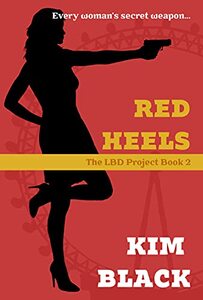 Red Heels (The LBD Project Book 2)
Genre: Thriller, Suspense, Mystery, Action & Adventure, Romantic Suspense
Red Heels (The LBD Project Book 2)
Genre: Thriller, Suspense, Mystery, Action & Adventure, Romantic Suspense
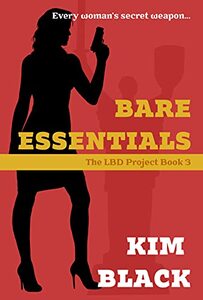 Bare Essentials (The LBD Project Book 3)
Genre: Thriller, Suspense, Mystery, Action & Adventure, Romantic Suspense, Women's Fiction
Bare Essentials (The LBD Project Book 3)
Genre: Thriller, Suspense, Mystery, Action & Adventure, Romantic Suspense, Women's Fiction

